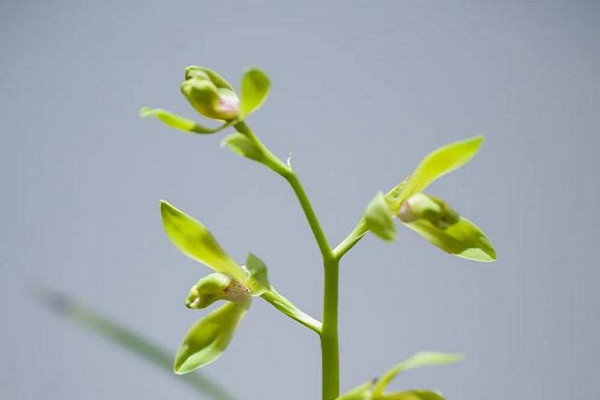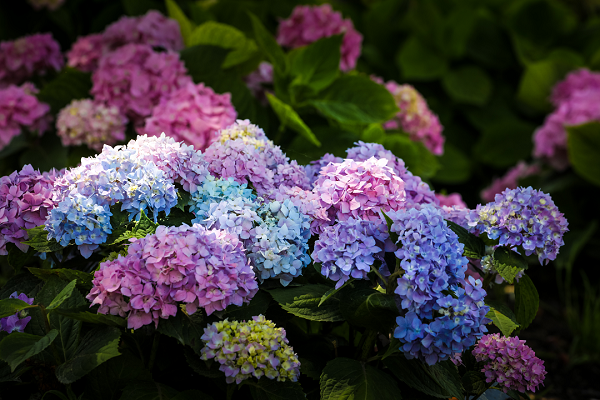The Shanghai environmental authority announced on Thursday that it has adjusted its air pollution standards to reduce the number of alerts, adding that they will still be frequent in winter.
Experts say the move was a reluctant tacit acknowledgment of the city's poor air quality.
The municipality's Environmental Protection Bureau will now lift air pollution alerts when the concentration of PM2.5 - particulate matter smaller than 2.5 microns in diameter that can penetrate deep into human lungs - falls below 115 micrograms per cubic meter.
Previously, the bureau lifted alerts after the concentration of PM2.5 dropped below 75 micrograms per cubic meter.
The bureau issued an orange alert - the second-highest in its four-level warning system - at 5 pm on Thursday when the concentration of PM2.5 stood at nearly 280 micrograms per cubic meter. The severe pollution will last until Friday.
The bureau said it believes the original standard is too strict, given that haze is common in the Yangtze River Delta region in winter.
"The warm air in higher altitudes blocks the cold air in winter, so it's hard for pollutants to be diffused," said Qian Hua, director of the research institute of atmospheric environment under the Shanghai Academy of Environmental Sciences.
"The absence of cold air blowing in from the north makes diffusion even harder," Qian said.
Also, the extra energy consumption in winter contributes to the city's poor air quality, Qian said.
"It takes longer to boil water in winter because of the low temperatures, and it takes a lot more energy to use air conditioning to warm the air than it does to cool it," he said.
Experts said the city likely will revert to the original standard to lift severe-pollution warnings in summer, when air quality is better, experts said. The air quality on more than 90 percent of the days in July and August this year was regarded as good, data from the Shanghai Environmental Monitoring Center showed.
Experts suggested families with pregnant women, infants, and people with heart or lung diseases take appropriate protective measures when the concentration of PM2.5 reached 100 micrograms per cubic meter, which is regarded as mild pollution. Some recommended face masks with efficient filter materials and air purifiers.
The meteorological department forecast that the pollutants could be blown away when a wave of cold air from the north arrives on Sunday night.
zhouwenting@chinadaily.com.cn


